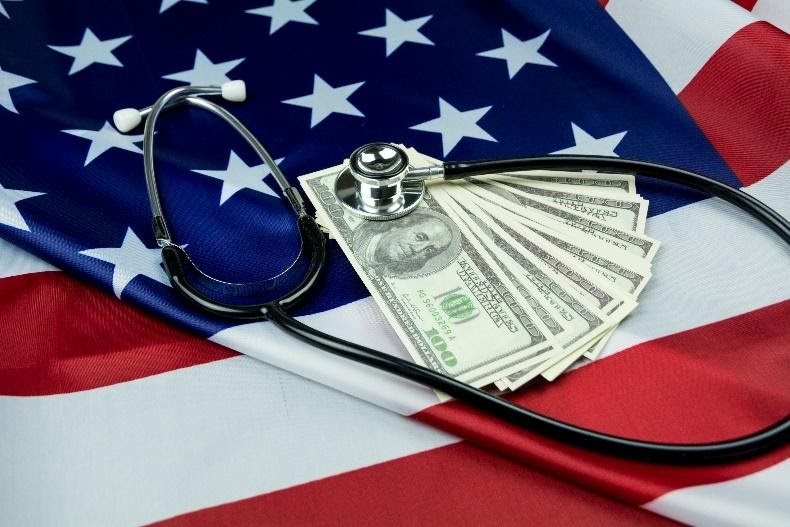Investing in Healthcare in a Post-COVID World
Economic turmoil in the COVID-19 era has met record highs. But for Private Equity, it may open Investing Opportunities in Healthcare in a Post-COVID world. Is it a prime time for these investors to focus on the healthcare services sector; and if so, what response might they expect from members of the industry? COVID-19 surely will influence the market; and that means it will impact many investment plans in a myriad of ways going forward.
Hospital systems and private medical practices across the country have engaged in healthcare merger and acquisition talks countless times over the years. They also have explored the option of seeking financial shelter from private equity investors. Today, many are reevaluating their options and considering what to do in the wake of the current pandemic. Because the financial stresses of providing healthcare in a post-COVID world are weighing heavily, they must assess whether to join forces through mergers, thereby creating partnerships that will help them serve their communities with the best care possible in the current climate; or whether to resist that temptation and go it alone, looking to private equity investors to help keep them afloat. While some are choosing to face the challenging times by uniting with other healthcare organizations, many are attempting to weather the storm and maintain a certain level of autonomy by choosing the latter.
Private equity is a type of private financing, separate from public markets, by which financial backers directly invest in companies. Private equity investors can function as a life preserver for hospitals and private medical practices that need funding to continue operating and providing clinical care effectively. They can provide growth capital for hospitals and practices that are expanding or evolving, or equity capital for hospitals and practices that are more established and stable. However, these financiers tend to end up in the financial driver’s seat: their investment might mean a buy-out of a smaller or less economically viable hospital or practice. Further, it allows for growth of competition, such as the availability of tele-health services, and even a return to health and wellness services at small, community clinics. This kind of competition might make it difficult for them to continue providing healthcare services of the same quality and quantity once the pandemic wanes and the economy rebounds. For some healthcare organizations, the pros and cons of engaging private equity investors are difficult to reconcile.
As the strain of the COVID-19 pandemic persists, the future of health and medical care in America is somewhat uncertain. The impacts of this unprecedented world event are still unclear. It remains to be seen which healthcare providers will survive, let alone recover from the impacts, on the other side of caution. As the data is collected and compiled while COVID-19 continues to ravage communities, the nation perseveres. As the economic impacts to healthcare organizations across the country are assessed and analyzed in the aftermath of this major public health crisis, the nation will wait. Contact us about circumstances regarding the health crisis’ effect on investment in this market.

